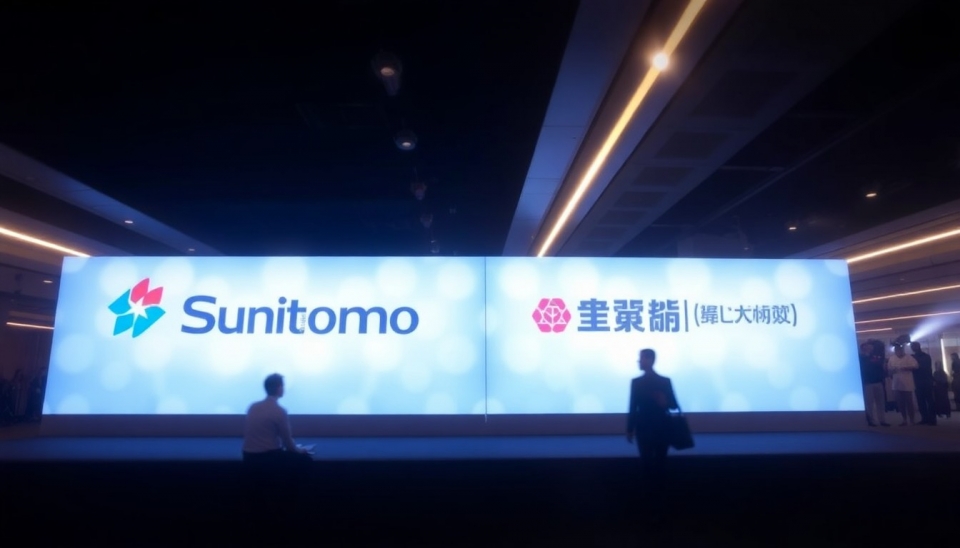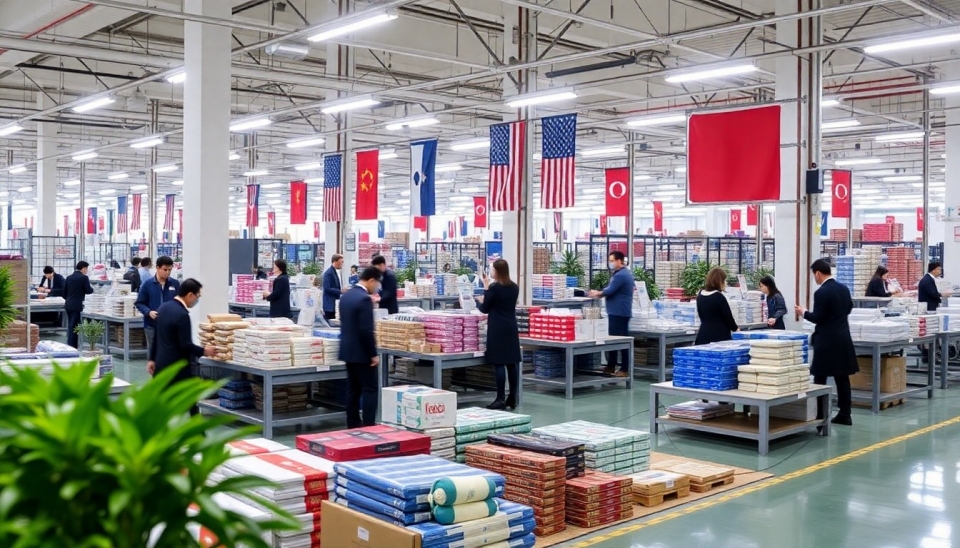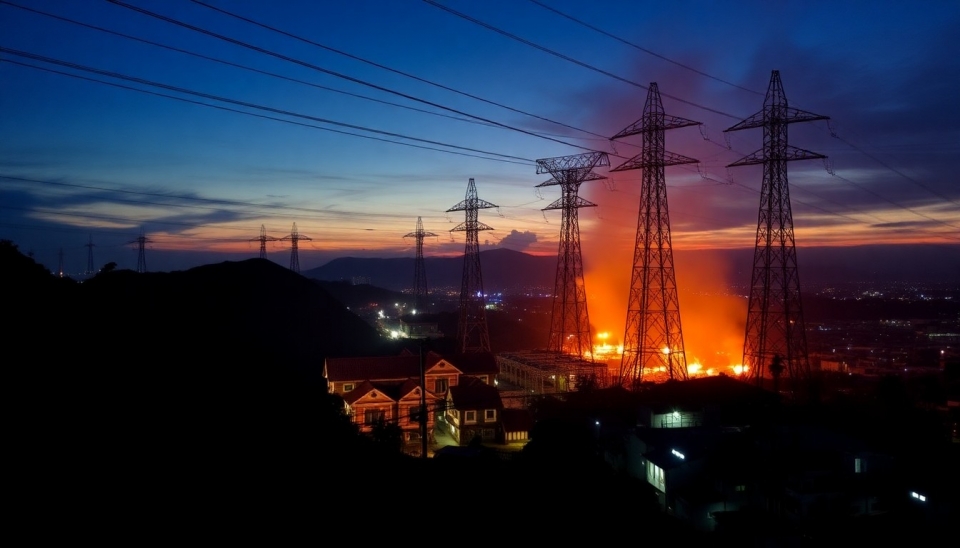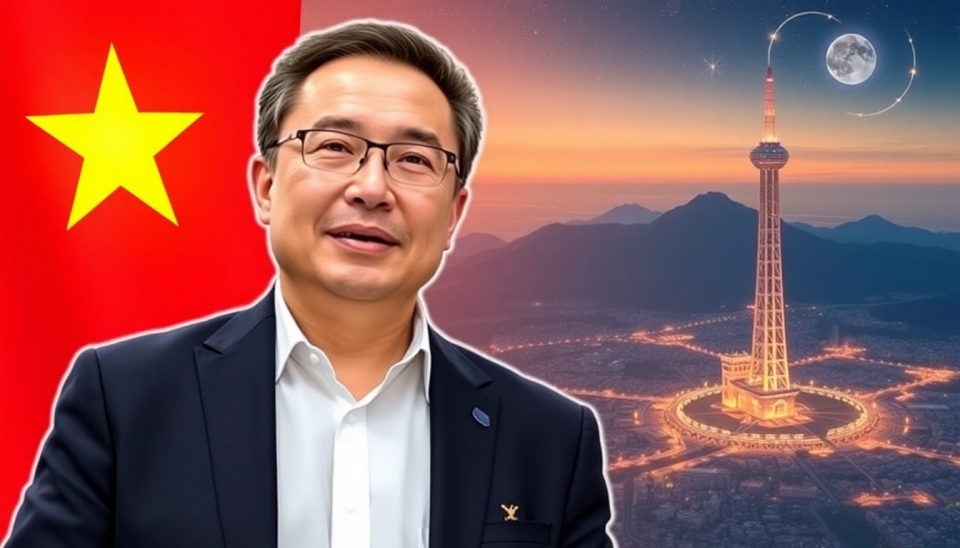
The Vietnamese government has signaled its intent to bolster its economic ties with the United States by committing to purchase additional U.S.-made aircraft and liquefied natural gas (LNG). This announcement comes during a transformative period marked by the introduction of new tariffs that could reshape trade dynamics between the two nations.
Vietnam's Prime Minister, Pham Minh Chinh, made it clear during a recent meeting with U.S. officials that these purchases are part of a broader strategy to deepen bilateral relationships while also solidifying national security. The emphasis on expanding the fleet of American-made aircraft underscores Vietnam's commitment to modernization in the face of regional security challenges, particularly concerning China's increasing assertiveness in the South China Sea.
Chinh's discussions with U.S. Secretary of Commerce Gina Raimondo and other top trade advisors showcased Vietnam's strategic pivot towards a more diversified supply chain. In light of the new tariffs implemented by the Biden administration, Vietnam is looking to support American industries while simultaneously strengthening its own energy infrastructure through increased imports of LNG. This is seen as crucial for the country’s growing energy demands and long-term energy security.
As part of its commitment, Vietnam aims to significantly increase its purchases of LNG, tapping into the United States' vast natural gas resources. Chinh emphasized the importance of energy cooperation in his discussions, which not only emphasizes energy security but also environmental goals as Vietnam seeks to enhance its renewable energy footprint while balancing fossil fuel needs.
This evolving trade landscape comes amid ongoing geopolitical tensions, with Vietnam navigating its own interests while maintaining a constructive relationship with the U.S. The potential agreements for acquiring more U.S. aircraft are not merely about defense; they also signify a commitment to aligning more closely with American defense standards and practices.
Economists suggest that this move could also reflect Vietnam's awareness of the potential impact of tariffs on its economy. By investing in American goods and energy, Vietnam positions itself as a stable partner in a time of increasing protectionism, enhancing its trade profile in North America.
Both sides are optimistic that these agreements will pave the way for enhanced economic cooperation in the years to come, signifying not only bilateral trade growth but a strategic alliance that could shift regional power balances in Southeast Asia.
The recent declaration by Vietnam to expand its ties with the U.S. amid tariff changes is not just about commerce; it reflects a strategic partnership poised to adapt to new challenges while fostering economic resilience and mutual benefit.
As Vietnam moves forward with its intentions, the global market will be watching closely to see how these developments influence trade relations and geopolitical dynamics in the region.
#Vietnam #USA #Aircraft #LNG #TradeRelations #Tariffs #BilateralRelations #EnergySecurity #Geopolitics #Economy
Author: Liam Carter




